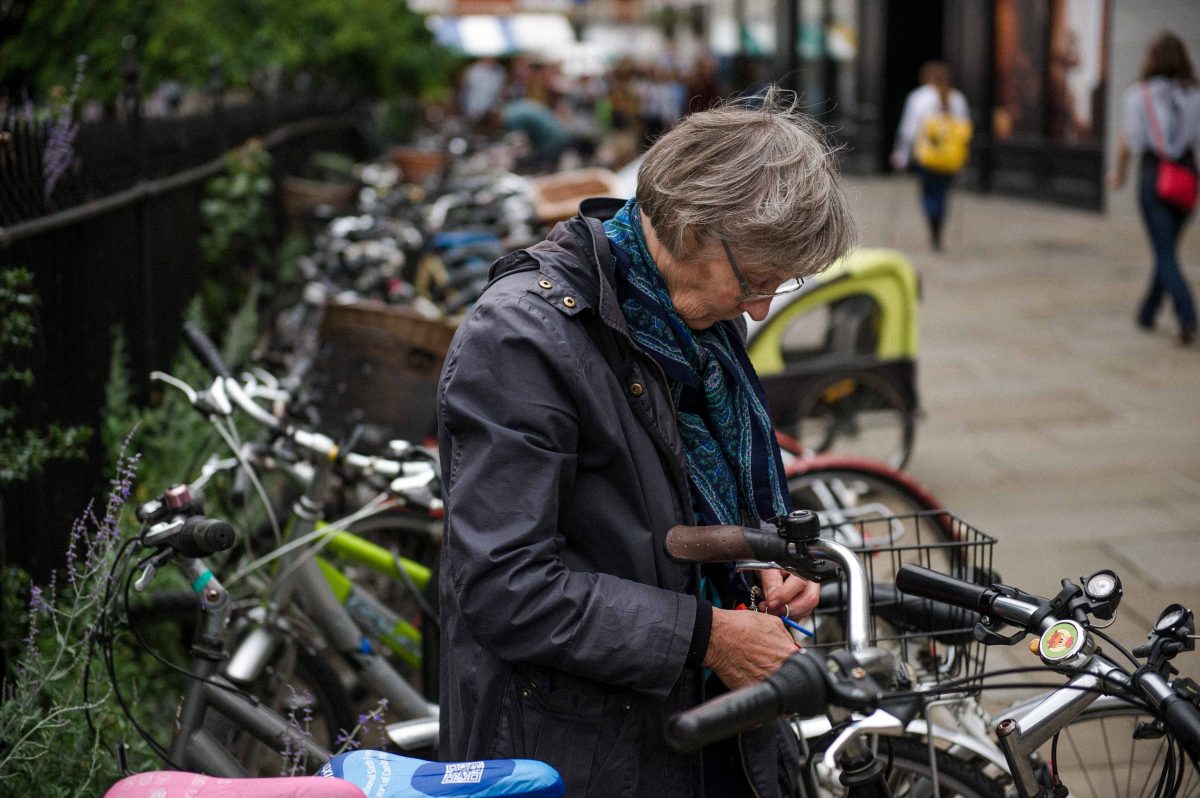When the Women’s Team won the World Cup on Sunday there were cheers of “USA!, USA!” from players wrapped in US flags and fans sporting red, white and blue.
But then came a second cheer, a full-throated chant from the crowd: “EQUAL PAY!, EQUAL PAY!”
This team did more than win a World Cup. They increased awareness of the pay disparity between men and women.
They are paid 60% less than the men’s team, the one that didn’t even qualify for the 2018 Men’s World Cup. So, in March, they filed suit against the US Soccer Federation for gender discrimination, a move that reverberated well beyond the world of soccer.
Today, even well paid women make only 81% of what men make, according to the Bureau of Labor Statistics. In 1979, it was 62%.
Let me introduce you to the three, economicly middle class women, who were in their prime in 1979, at 30 years old. The names are changed for obvious reasons – dignity being the biggest – but these are real women.
In 1979, “Suzy” was 30. She worked as a secretary throughout two marriages and did most of the work of raising a daughter. Two divorces later she has a small nest egg. She makes around $9 an hour at a women’s clothing store and gets discounts. The store limits her hours to 29 a week to avoid giving her benefits, even sick days. In slow times, they drop her hours down to 20 a week or less. The most she can make, at 29 hours, is $1044 a month. So she works a second job cleaning houses at $80 to $125 a day. That, and a net of $860 in social security a month, has to cover food, car, rent, taxes, utilities, etc. When she is too old to work, she will have only the $860 a month. She is 70 years old.
“Alice” started an accounting firm with her husband. They paid him more than her to save on social security payments. They were divorced 30 years ago when the kids were in high school. Her social security, after deductions, is around $800 a month, so she works three jobs: bookkeeping, care-taking old people (“a Granny Nanny”), and delivering meals at night. Those three jobs average about $12/hour or $1920 a month. With social security that’s $2720 a month before taxes. She will have only the $800 when she can’t work. She is 73.
“Anne” immigrated to the US in her 20’s with one suitcase and a degree in nursing. But she wasn’t licensed in the US so she worked for an American nursing degree, which got her a nursing job paying $4/hour. She married and worked on a horse farm. After divorcing, she worked and paid for a Master’s degree in education. She now teaches at a private school. She has three sources of income: teaching, tutoring after school, and renting out two rooms of a small condo she bought. She has one more year to retirement and, with the sale of her condo, can afford a small house in Florida. Relative to the other two, she did well. But the school gives no pension. Her long career and master’s degree paid off with social security income of around $2000 a month. But that’s all she’ll have when she can’t work. She is 74.
While women like these were being paid less than men, they were also paid nothing for home-making and raising children after they got home from work.
The impact of paying women less than they’re worth, less than men with similar jobs, isn’t simply a matter of conscience; it’s also a matter economics.
Being paid 62% of a man’s salary in 1979 has compounded over 40 years, even as the disparity went down. Today the cost of an “old folks” home, is between $4,000 and $9,000 a month. These three women do not have that kind of money and never will, even as costs rise.
Today there are five 85 year old women for every two 85 year old men. By 2050, in 30 years, the elderly population will double to 80 million. Sure 81% of men’s pay will help, but the disparity will still compound. And women will still suffer in their helpless years.
Those soccer players will no doubt get equal pay and get it this year. But what about their mothers, aunts, teachers, grandmothers and other loved ones? And what about your mother, your aunt, your children’s teacher, your grandmother, and other loved ones?
That’s the difference between dignity and fear.
